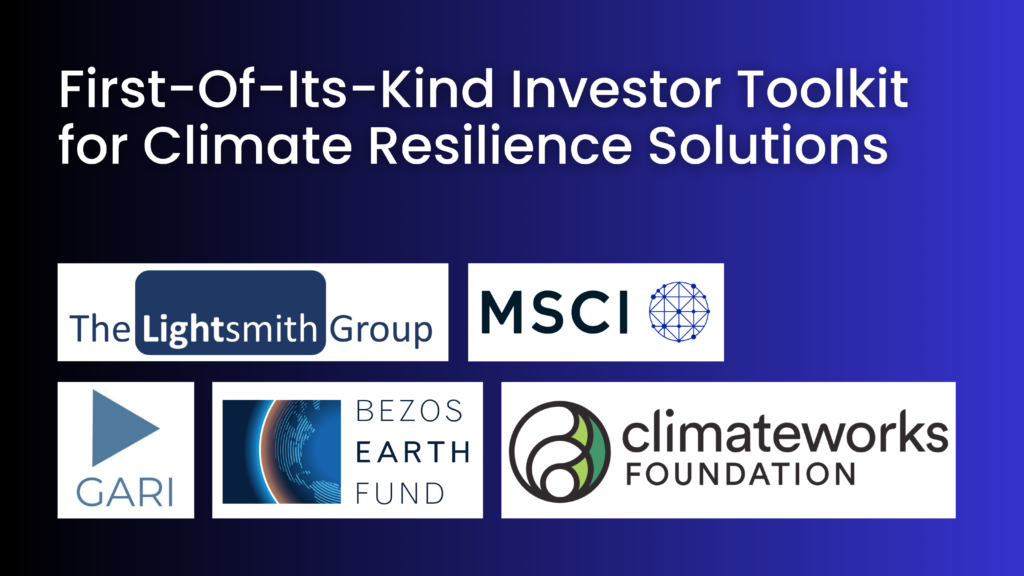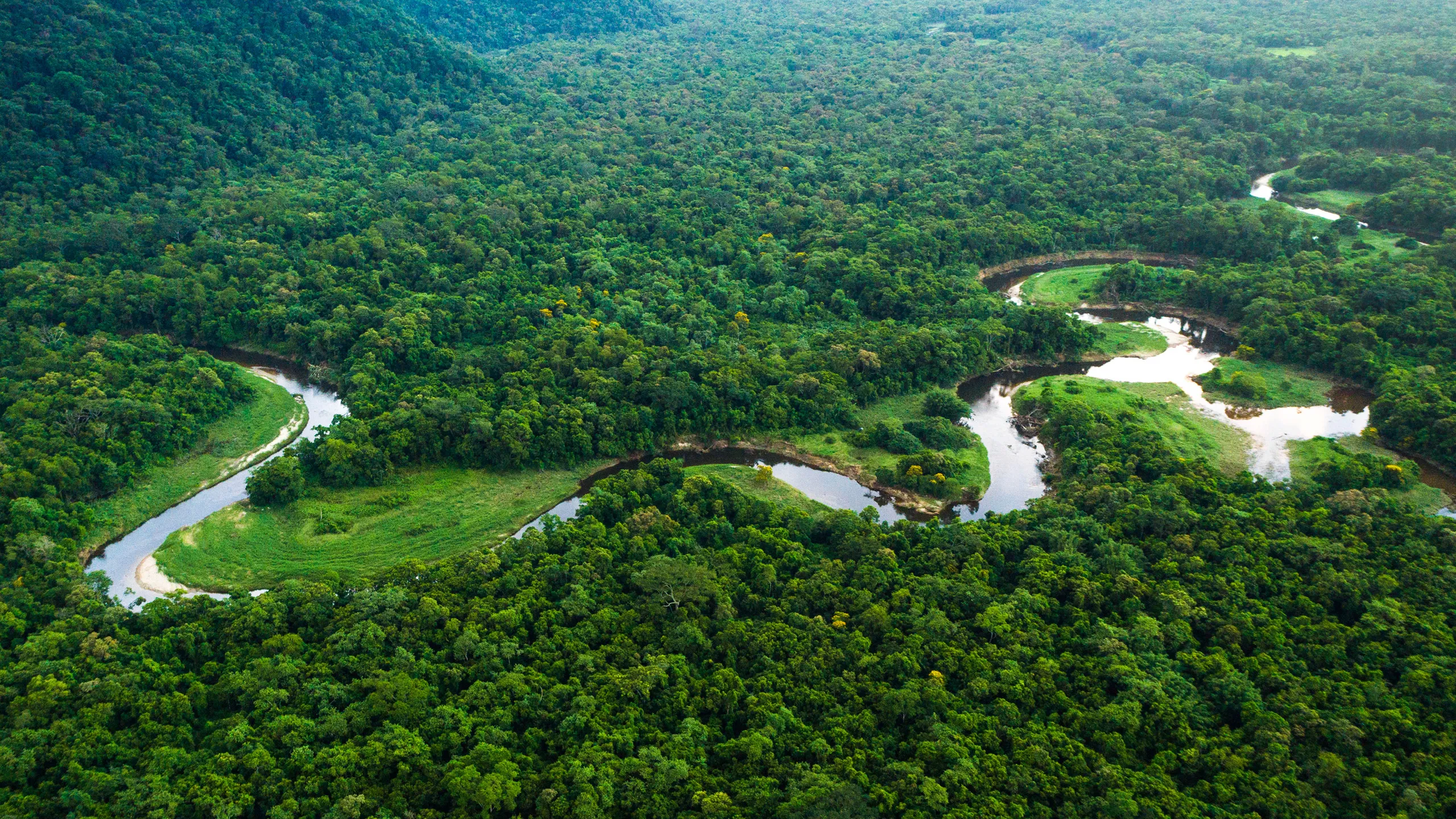Leading Financial and Philanthropic Organizations Launch First-Of-Its-Kind Investor Toolkit for Climate Resilience Solutions

|
Listen to this story:
|
A group of leading financial and philanthropic organizations released an investor report and toolkit highlighting climate resilience solutions as a key growth industry of the 21st century. “Investing in Climate Resilience” presents a first-of-its-kind, AI-powered framework identifying a universe of over 800 publicly traded companies in the business of resilience along with methods investors can use to find these companies and incorporate climate resilience into investment product design.
The report challenges the ways climate adaptation has been characterized to date – not simply as a cost for governments to bear but as a growth industry for the technologies, products, and services that will increase in demand on a warming planet. It identifies resiliency solutions spanning several sectors — from grid resiliency measures and storm water management to new insurance products and vaccines – and sets forth that mounting demand for solutions will create investment opportunities in the companies that provide them.
“The urgency of climate change has resulted in two intertwined investment opportunities: the transformation to a net-zero emissions economy and the need to adapt to its impacts,” said Paul Bodnar, Director of Sustainable Finance, Industry, and Diplomacy at the Bezos Earth Fund. “If we treat adaptation as an obscure topic for governments to worry about, we risk stifling the private sector innovation urgently needed to stimulate creative solutions for the world’s most vulnerable populations adjusting to weather volatility and heat. Just as financial markets have become a vital force for channeling capital to decarbonization, they can do the same for companies developing resilience technologies and services.”
The report is authored by GARI, a leader in climate finance, with data and analytics provided in partnership with the MSCI Sustainability Institute and The Lightsmith Group. It was released in conjunction with a new framework for Climate Resilience Investments in Solutions Principles (CRISP) developed by GARI to provide a comprehensive approach to identify relevant companies considering all regions, growth stages, asset classes and sectors.
“Climate change creates risks and impacts for all of us. This report demonstrates that climate resilience is a clear and present growth investment opportunity for investors in the public markets. Investors can now apply a robust and practical framework to identify climate resilience investments,” said Jay Koh, co-founder & Managing Director of The Lightsmith Group and founder of GARI.
Analysis from the MSCI Sustainability Institute describes one possible investible universe of over 800 publicly traded companies focused on climate adaptation across different industries. The largest sector represented in this identified universe is the industrials sector (42%), followed by materials (16%), and consumer discretionary (8%). The analysis may be used as a starting point by investors interested in climate resilience-focused companies for a range of investment strategies.
“This is an exciting development for investors to better understand opportunities within their portfolios driven by climate adaptation. The initial universe of adaptation-focused companies lays the groundwork to identify companies that provide exposure to climate resilience solutions via quantitative and qualitative methods,” noted Linda-Eling Lee, Founding Director & Head of the MSCI Sustainability Institute.
Almost a third of the “first cut” investible universe represents companies domiciled in emerging markets, which include communities most at risk from the impacts of climate change. ClimateWorks supported the focus on these markets in the analysis, which identifies 231 publicly traded companies, across 24 emerging markets in a range of sectors, that are currently offering climate resilience solutions. Because physical climate impacts are disproportionately affecting the communities least responsible for climate change, climate resilience solutions can simultaneously advance equity and environmental justice considerations.
Related Article: UN Global Compact Introduces Toolkit to Drive Transformational Corporate Governance
“The climate crisis is here. Even as we work to get emissions to zero as quickly as possible, we urgently need to invest billions each year to help people already feeling the devastating impacts of a rapidly warming climate. Climate adaptation and resilience in emerging markets is an overlooked yet critical investment opportunity to drive demand for innovative solutions,” said Helen Mountford, president and CEO, ClimateWorks Foundation.











